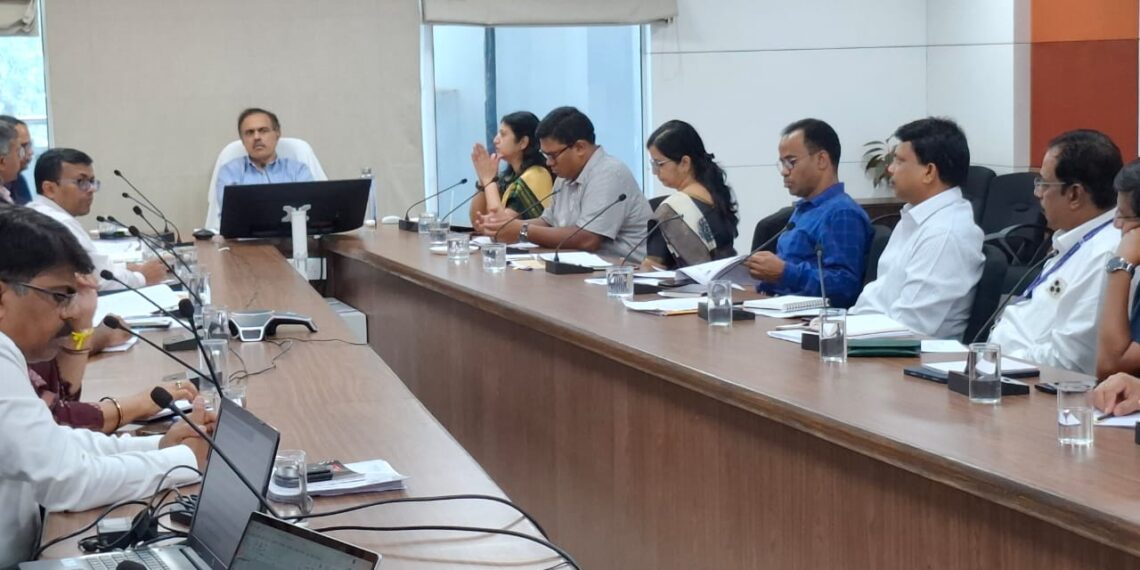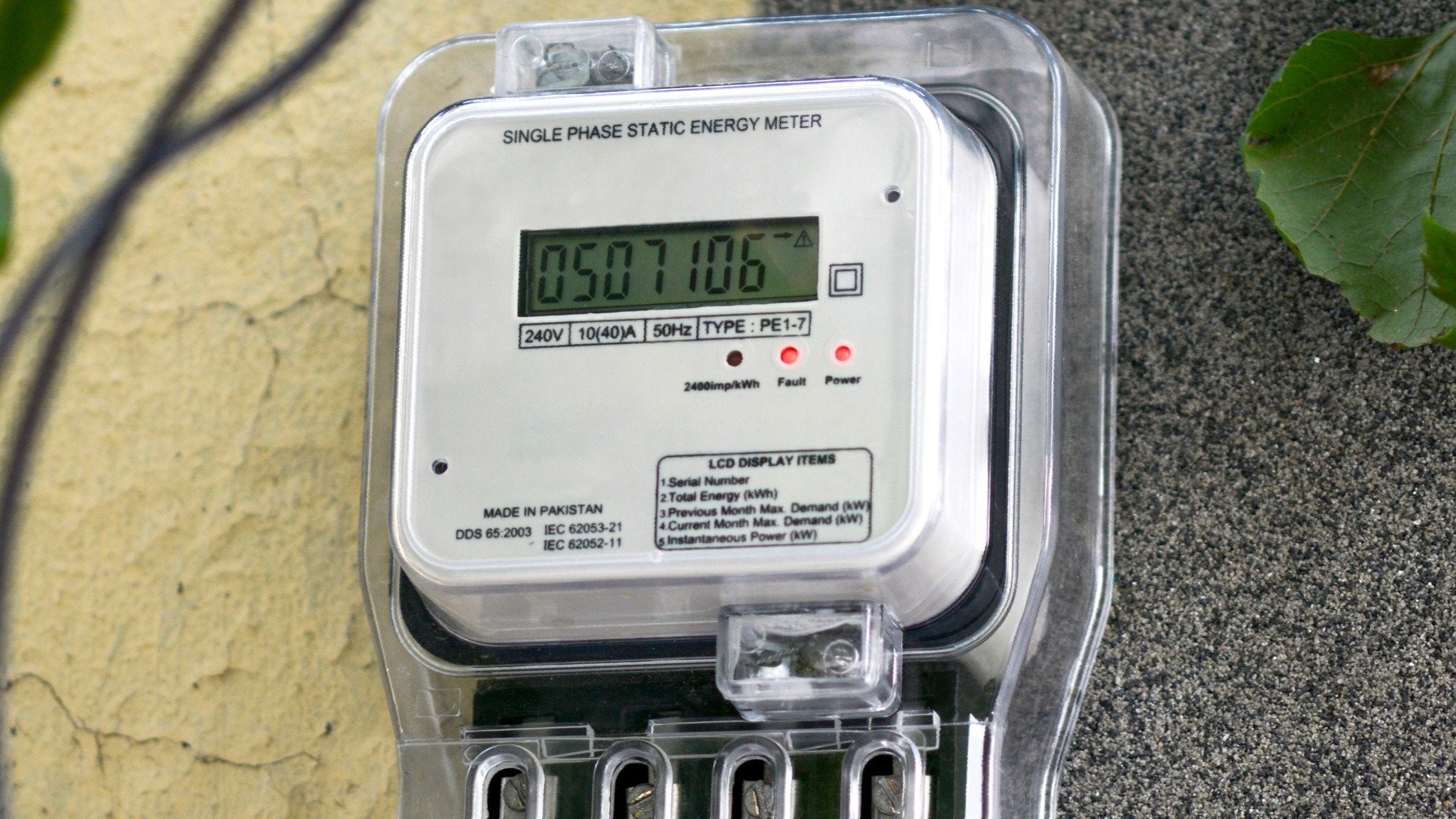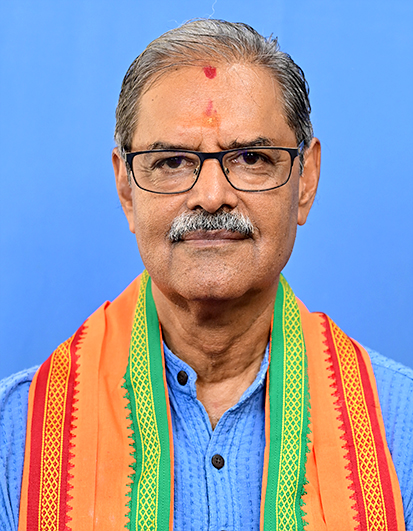Odisha H&UD Department, 6th State Finance Commission Hold Strategic Dialogue on Urban Reforms

Focus on fiscal accountability, capacity building, and sustainable growth under ‘Viksit Odisha @2036’ vision
Bhubaneswar : In a major step towards strengthening Odisha’s urban governance and financial sustainability, the Housing and Urban Development (H&UD) Department held a high-level meeting with the 6th State Finance Commission (SFC) on Monday at the Kharavela Bhawan in Bhubaneswar. The strategic dialogue aimed at aligning departmental priorities with the Commission’s policy framework to enhance urban development, fiscal efficiency, and service delivery across the state.
The meeting served as a platform for the H&UD Department to present a comprehensive blueprint of its ongoing initiatives and key focus areas, which are proposed to be integrated into the upcoming Finance Commission framework. The blueprint outlines a roadmap for scaling up urban reforms through fiscal discipline, improved governance, and people-centric growth initiatives.
Leading the discussions, H&UD Principal Secretary Usha Padhee, who also serves as the Director of Municipal Administration and an Ex-Officio Member of the SFC, highlighted the department’s vision to strengthen the financial and institutional capacities of Urban Local Bodies (ULBs). She stressed that effective collaboration with the Commission will help ensure that urban reforms are not just policy-driven but performance-oriented and sustainable in the long term.
Representing the 6th State Finance Commission, Chairman Dr. Arun Kumar Panda led the deliberations, accompanied by members Prof. Asit Rajan Mohanty, Dr. Bibhu Prasad Nayak, and Member Secretary Dr. Satyapriya Ratha. Senior officials, including the Financial Adviser-cum-Additional Secretary and other departmental heads, were also present.
The dialogue revolved around multiple key themes — including establishing clear benchmarks for incentive-based grants, strengthening fiscal prudence, and ensuring effective utilisation of funds. A strong emphasis was placed on improving sanitation, solid waste management, and the enhancement of human resources within ULBs. The department also presented plans for a comprehensive capacity-building program aimed at training municipal officials and staff in financial management, e-governance, and service delivery.
One of the major proposals discussed was the creation of dedicated Project Management Units (PMUs) at both state and city levels to ensure efficient project implementation and real-time monitoring. The meeting also explored mechanisms to enhance internal revenue generation for ULBs through improved tax administration, user charges, and innovative financing models.
Officials highlighted the need for a sector-specific funding roadmap for the 2026–27 to 2030–31 period, focusing on critical urban sectors such as housing, sanitation, mobility, and water supply. The roadmap seeks to establish measurable performance indicators to track progress and ensure transparency in fund utilisation.
Chairman Dr. Panda commended the H&UD Department’s data-driven approach and reaffirmed the Commission’s support in institutionalising fiscal accountability and promoting good governance at the local level. He also stressed the importance of incentivising performing ULBs to encourage competitiveness and efficiency among urban bodies.
The meeting reflected a shared commitment between the H&UD Department and the SFC to accelerate Odisha’s urban transformation in line with the state’s long-term development vision of “Viksit Odisha @2036” and the national goal of “Viksit Bharat @2047.” The discussions underscored that sustainable and inclusive urban development requires synchronisation of financial strategy, institutional reforms, and citizen-centric planning.
With rapid urbanisation posing new challenges in infrastructure, environmental management, and service delivery, the dialogue is expected to shape crucial funding decisions and guide policy interventions in the upcoming years. The outcomes from the meeting will likely serve as the foundation for a more resilient and future-ready urban Odisha, where financial empowerment and efficient governance go hand in hand.








